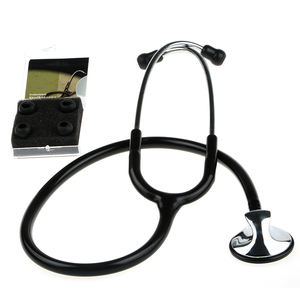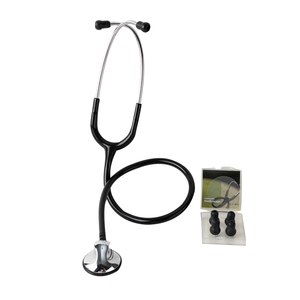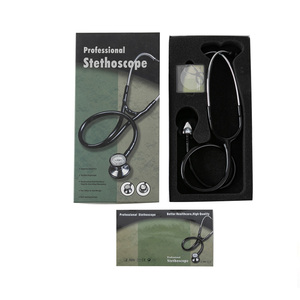Introduction to Cardiology Work
Cardiology work is an essential field in medicine that focuses on diagnosing, treating, and managing conditions related to the heart and blood vessels. As one of the most critical areas of healthcare, it includes various specialties and techniques designed to improve patient outcomes. Whether you're a medical professional, a student, or simply interested in learning more about the intricate world of cardiology, understanding its core components can help appreciate the work involved in maintaining cardiovascular health.
Types of Cardiology Work
In the realm of cardiology, different types of work are available, addressing various aspects of cardiovascular health. Below are key categories:
- Interventional Cardiology: This involves minimally invasive techniques to treat heart conditions, including angioplasty and stent placement.
- Pediatric Cardiology: Specialized care for infants and children with congenital heart defects or other heart-related issues.
- Electrophysiology: The study and treatment of electrical activities of the heart, often involving procedures like ablations and device implantation.
- Cardiac Imaging: Techniques such as echocardiography, MRI, and CT scans that provide detailed visuals of the heart's structure and function.
- Heart Failure and Transplantation: Management and treatment options for patients with severe heart conditions and potential transplantation.
Function and Feature of Cardiology Work
The functions and features of cardiology work are complex yet vital to comprehensive patient care. Here are the primary aspects:
- Diagnostic Procedures: Tools and tests such as ECG, blood tests, and stress tests help in early detection and monitoring of heart diseases.
- Treatment Plans: Customized strategies involving medication, lifestyle changes, and surgical interventions to manage cardiovascular diseases.
- Preventative Care: Emphasis on lifestyle modification and regular check-ups to prevent potential heart-related issues before they escalate.
- Patient Education: Essential for enabling patients to understand their conditions and engage actively in their treatment plans.
Applications of Cardiology Work
The applications of cardiology work extend to various healthcare settings, demonstrating its versatility and importance. Key applications include:
- Emergency Care: Rapid response to heart attacks and life-threatening cardiac emergencies.
- Outpatient Clinics: Regular follow-ups and management of chronic heart conditions.
- Hospital Settings: Intensive care and surgical interventions for severe cardiac illnesses.
- Telemedicine: Increasingly used for remote monitoring and consultations, enhancing accessibility to specialized care.
Advantages of Cardiology Work
The field of cardiology offers numerous advantages, making it a crucial component of healthcare. Some of these include:
- Enhanced Patient Outcomes: Early diagnosis and innovative treatments lead to improved prognosis and quality of life for patients.
- Comprehensive Care: Multidisciplinary approach allows for holistic treatment strategies addressing various health aspects.
- Technological Advancements: Continuous development in medical technology results in better diagnostic tools and treatment techniques.
- Research and Innovation: Ongoing studies in cardiology contribute to discovering new therapies and improving existing practices.
















































